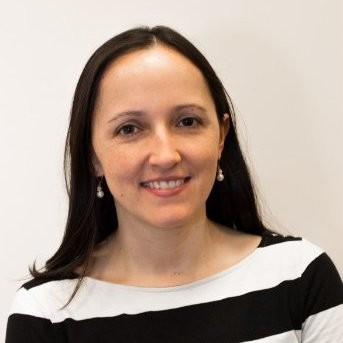“Emotion is a word commonly used in a personal and professional context. It is a process that begins with a stimulus that leads to cognitive and physiological responses, and that leads us to patterns of behavior or action. An emotion can occur for a variety of reasons, and the cause or stimulus that provokes it is not always obvious. Sometimes it is a feature of the environment that makes us feel emotionally stimulated. Emotions must be differentiated from related terms such as moods, feelings, emotional dispositions or affect.

00:00
- 00:03:54
The video examines how businesses are affected when a populist leader comes to power.
It highlights the political and economic uncertainties companies may face.
The discussion focuses on how firms can adapt their strategies and governance.
It emphasizes the importance of understanding the broader political and social context.
The video reflects on the role and responsibilities of businesses in a populist environment.
CORINA Margherita - |
CARBALLO Alfonso - NEOMA Business School |
- Research
- Governance, International Management, Strategic Management



